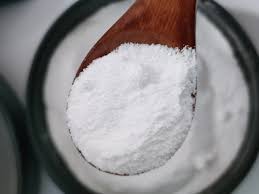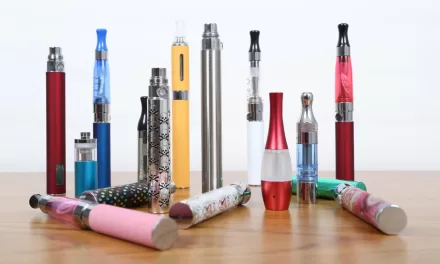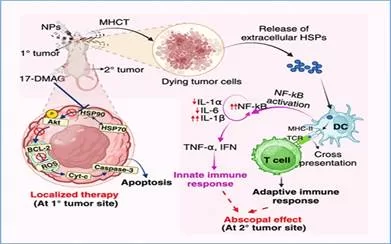A recent study published in Nature Metabolism has shed light on the potential impact of sucralose, a common non-caloric sweetener, on brain activity related to appetite. Researchers found that sucralose consumption may actually increase hunger signals in the brain, potentially counteracting its intended use in weight management.
Study Design and Findings
The study involved 75 healthy adults aged 18–35 with varying body weights (healthy, overweight, and obese). Participants consumed one of three beverages: sucralose, sucrose (table sugar), or water. Brain activity was measured using Magnetic Resonance Imaging (MRI), and blood samples were taken to assess hormone levels related to hunger and satiety.
Key findings include:
- Increased Hunger Signals: Sucralose significantly increased blood flow in the hypothalamus, a brain region controlling hunger, compared to sucrose and water. Participants also reported feeling hungrier after consuming sucralose.
- Weight-Related Differences: Individuals with healthy weights showed increased hypothalamic activity after sucralose consumption compared to sucrose. Those with obesity showed increased hypothalamic activity after sucralose compared to water, but not sucrose.
- Gender Differences: Women exhibited significantly greater brain responses to sucralose than men, potentially influencing their eating behaviors.
- Brain Connectivity: Sucralose increased connectivity between the hypothalamus and brain regions involved in motivation and reward, potentially leading to increased cravings.
- Glucose Impact: Sugar consumption raised blood glucose levels, which correlated with decreased hypothalamic activity and reduced hunger. However, this effect was weaker in participants with obesity.
Implications and Future Research
The study suggests that sucralose may disrupt appetite regulation, potentially hindering weight management efforts. The researchers emphasize the need for personalized dietary guidance regarding non-caloric sweeteners, considering the variations in responses based on body weight and sex.
“These sweeteners may unintentionally disrupt appetite regulation, complicating weight management efforts,” stated the researchers.
Future studies are crucial to understand the long-term effects of sucralose and other non-caloric sweeteners and to develop evidence-based nutritional recommendations.
Journal Reference:
Chakravartti, S.P., Jann, K., Veit, R. et al. The effects of non-caloric sweeteners on brain appetite regulation in individuals across varying body weights. Nat Metab (2025), DOI: 10.1038/s42255-025-01227-8, https://www.nature.com/articles/s42255-025-01227-8
Disclaimer: This article is based on a single study, and further research is needed to confirm these findings. Individual responses to sucralose may vary. This information should not be used as a substitute for professional medical advice. Always consult with a healthcare provider before making changes to your diet.1












